Incubation eliminates entry barriers for small-scale farmers: Access to loan financing is a game changer.
Access to loan financing and the lack of skills to manage cash flow in small businesses are two barriers to success for small-scale farmers. In 2020, the Census of Commercial Agriculture, done by Stats SA, cited the total number of ‘commercial’ farmers in South Africa as just above 40 100 back in 2017. Sixty percent (60%, that is 24 060) were identified as micro-farmers. A University of Pretoria expert opinion piece cited the number of small-scale farmers as 2 million in 2022.
The loan access statistics are disappointing, with the Department of Agriculture reporting that “a total of 205 loans have been given to farmers from April to August 2022, through its micro agricultural financial institutions of South Africa scheme’. According to Green Agri, there are at least 24 loan providers in the agriculture sector and the broader green economy. Still, the criteria for most of these loans are often out of reach for subsistence and small-scale farmers.
These barriers are addressed in Timbali’s incubation model. Timbali coaches our farmers beyond technical and business skills. Timbali assists our small-scale farmers in accessing loans in partnership with Standard Bank. These loans enable farmers to go from subsistence to sustainable and thereby establish business-orientated farming operations.
However, as with any loan, there is also the question of repayment, which is why so few loan opportunities are offered to small-scale farmers. We have refined our model to deliver success for farmers, the market, the funders, and all parties alike.
The farmers Timbali supported near Elukwatini situated in the Albert Luthuli Municipally, Mpumalanga, hit a 92% loan repayment track record.
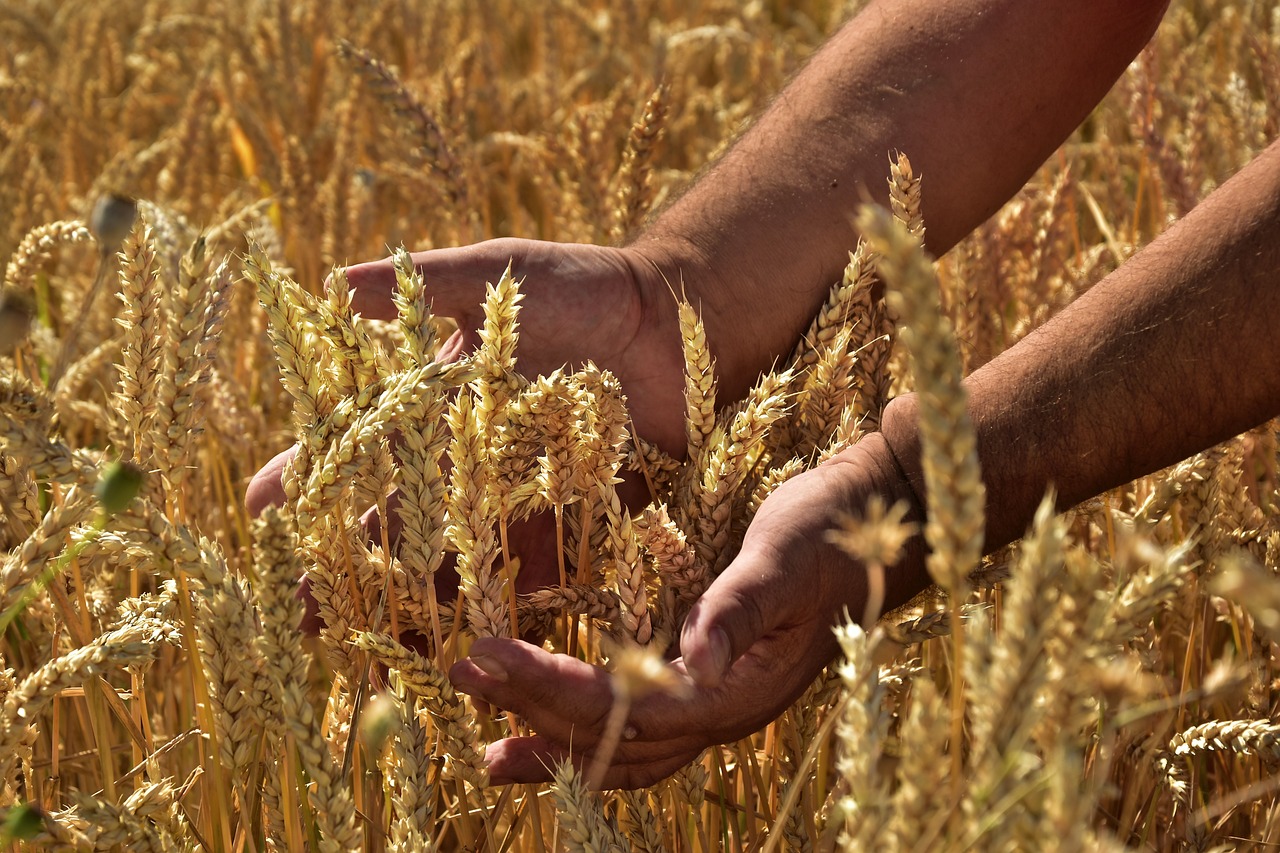
Successful repayments and the lessons learned
In some areas, the loan repayment rates were as low as 3%. Applying the Timbali model and the lessons learned, the loan repayment rate has improved to 92% for Elukwatini farmers with the most recent season of input loans. All in all, it shows that a considered and well-researched model is needed for loan financing to be the social weapon it can be.
How to identify top small-scale farming candidates for micro-loans
Timbali’s experience over the last two decades has shown that loan repayments rely on these critical success factors:
- The macro-environment and community culture indicate the approach towards partners, commitment, and work ethic. This might not be a famous or politically correct indicator. Still, years of experience have taught us that community thinking, approach, track record, and willingness to collaborate, indicate whether the community members will repay their loans.
- The individual selection process prioritises small-scale farmers with a trading track record, even on a small scale. Well-known South African entrepreneur and venture capital funder, Vusi Thembekwayo, said you do not need funding to start a business. To put this in context, he explained that you need a track record of sales and making your business more than an idea before you can access funding. In our experience, farmers with small-farming experience and a track record of delivering to a market are more successful in repaying loans. The individual characteristics of grit, resilience, and a track record of doing rather than talking are essential in our selection process.
- Formal partnerships with the loan financing partner that understands the context of economic development and support. In this case, we appreciate the approach of Standard Bank as our partner and say more about their philosophy below in our partner feature.
- Consultants or agencies cannot compile business plans and loan applications alone; the entrepreneur needs to take ownership of their business plans. Timbali is not that kind of consultant. The farmers need to take responsibility for collaborating in compiling their business plan and presenting their loan financing application themselves, with the support of Timbali. They then know what they commit to and can honour that commitment.
- Financial controls and formal market agreements are critical.
- Timbali assists the farmers with market access, but also facilitates access to informal markets. Informal markets provide cash flow for day-to-day operations while the formal markets are where the income is paid to settle the loan accounts and the surplus directly to the farmer once the account has been settled. This mitigates non-payment risk successfully, addressing the human need for instant gratification and money in their pockets while repaying loans directly. Where there is only informal market access and a cash economy, the discipline to put away the cash towards loan repayment is often lacking and results in defaulting.
However, even with such a carefully considered model, accurate and meaningful change often requires collaboration and a mix of resources. This is why Timbali has partnered with Standard Bank to expand our reach in terms of loans, and have personal and collective success stories to show the incubation results.
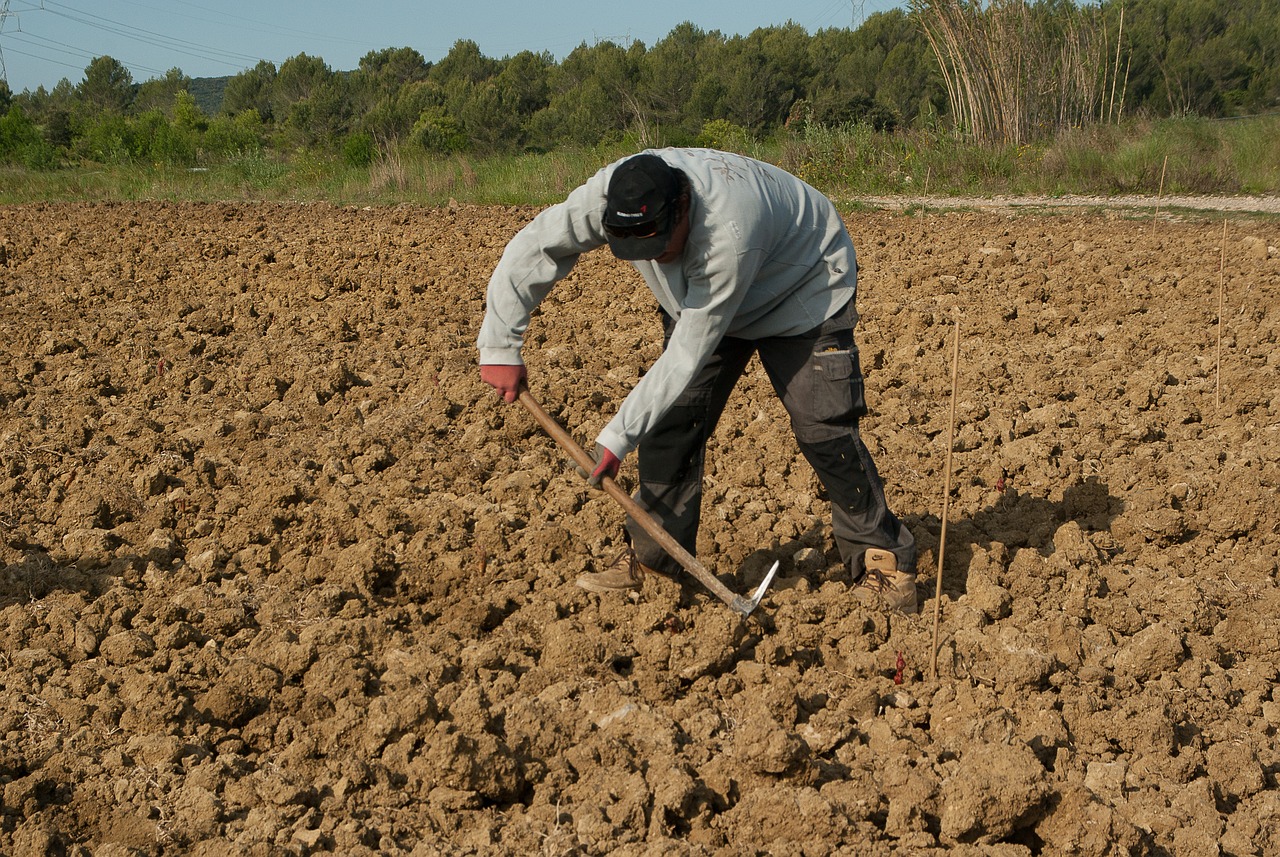
Even with Timbali’s carefully considered model, accurate and meaningful change often requires collaboration and a mix of resources.
Success story: Stanley Ntshangase
Financing with incubation services enables small-scale farmer Stanley’s growth and loan repayment. Stanley (25) from Steynsdorp started farming in 2018, and although his primary focus was cabbage, he eventually managed to produce sweet potatoes and maize. He could plant cabbage on half a hectare of his farm with a loan of R47 238 from partner Standard Bank South Africa. His quality resulted in him being able to supply SPAR, who collected 43% of his produce, and he also provided feeding schemes and the informal market. The combination of access to the formal and informal markets gave Stanley a steady cash flow (informal market) and a large payment (formal market with Spar) that repaid his loan.
In addition to meeting his loan repayment requirements, the profits from his harvest enabled him to increase his production to 16 000 cabbages on one hectare, and plan to plant sweet potatoes on another half hectare. From April to mid-May 2023, he generated sales of R110 206. As the first person to officially repay his Standard Bank loan in full, Stanley has been remarkably successful. He also employed four people during the production period.
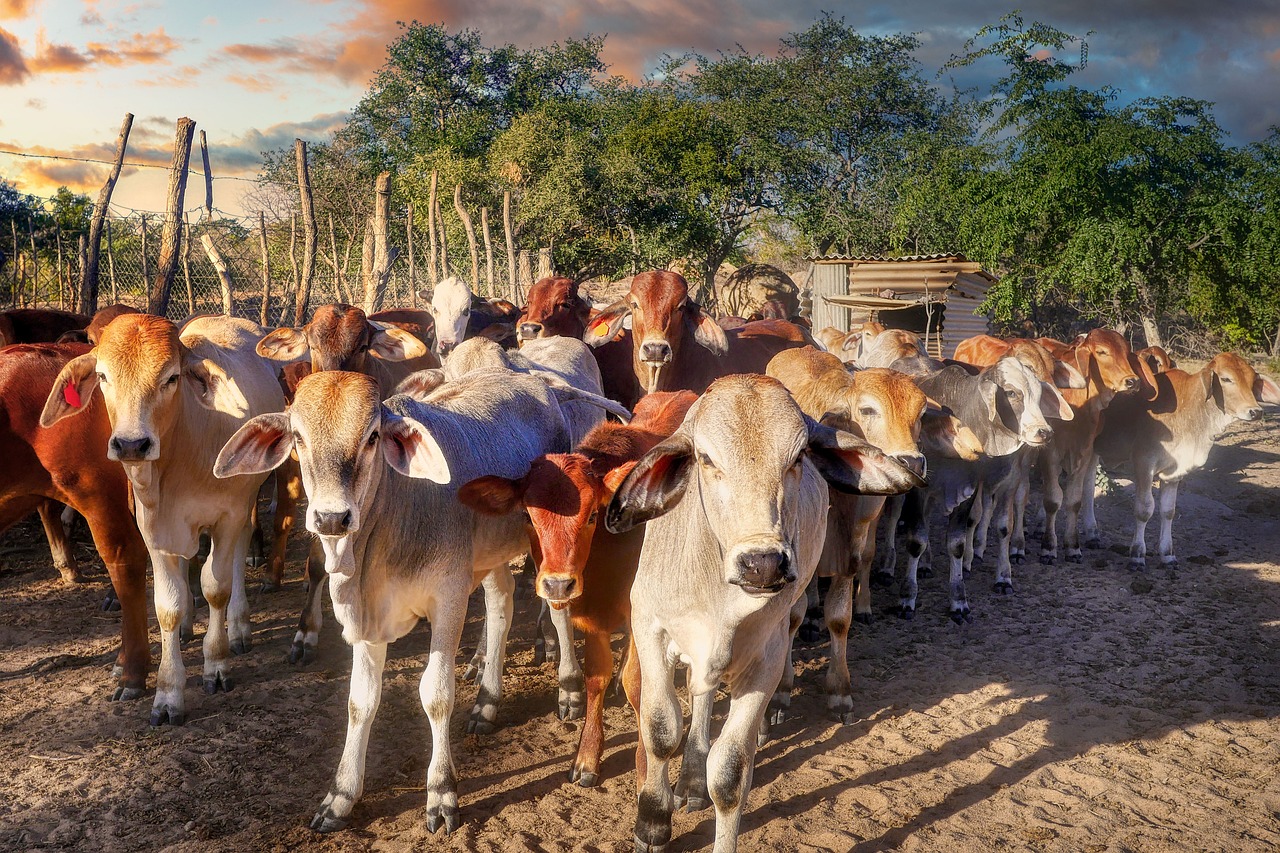
Stanley’s own experience
“This was my first success in farming. Previously I heard people say there is good income in farming but this year, I have experienced such growth; the programme pushed me to set goals and targets in farming. Timbali also emphasised the importance of record keeping. I never thought keeping a record was important, which was my biggest downfall in the past; that is why I never made a reasonable profit. This year, I renovated my house, fixed my bakkie, and repaid the loan.”
Job creation, skills development, small-scale farming, food security, enterprise development. This is a list of buzzwords we often hear in the media, corridors of government and businesses, and social gatherings. To Timbali, these are more than just buzzwords. To Timbali, putting food on the table for families is a reality, seeing how farmers work practically every day to make these “concepts” real, as Stanley’s story illustrates.





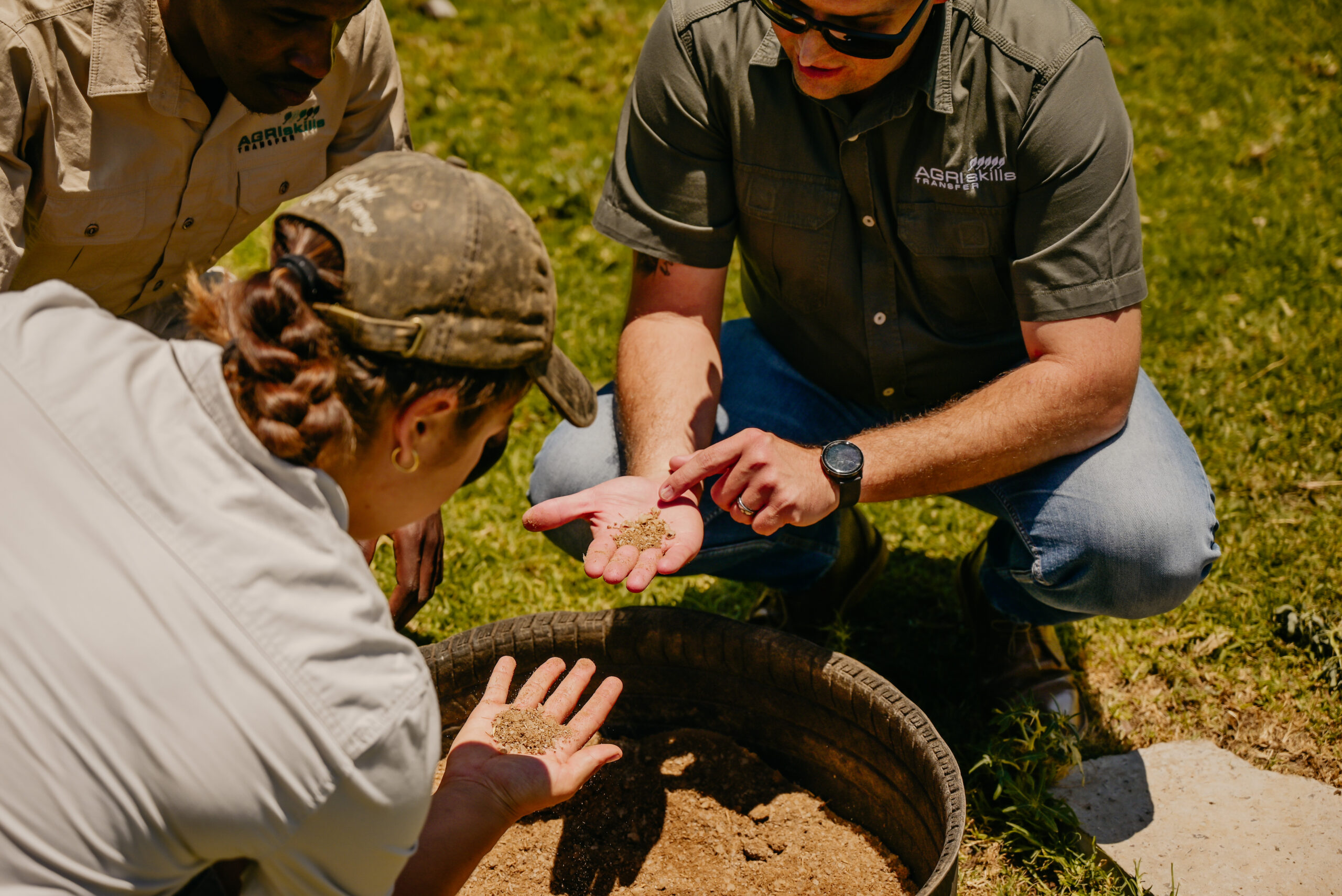
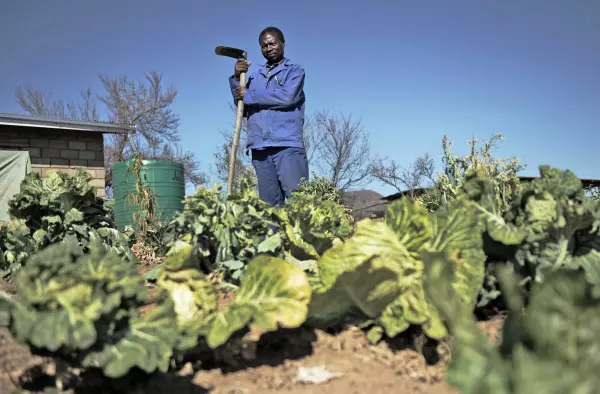
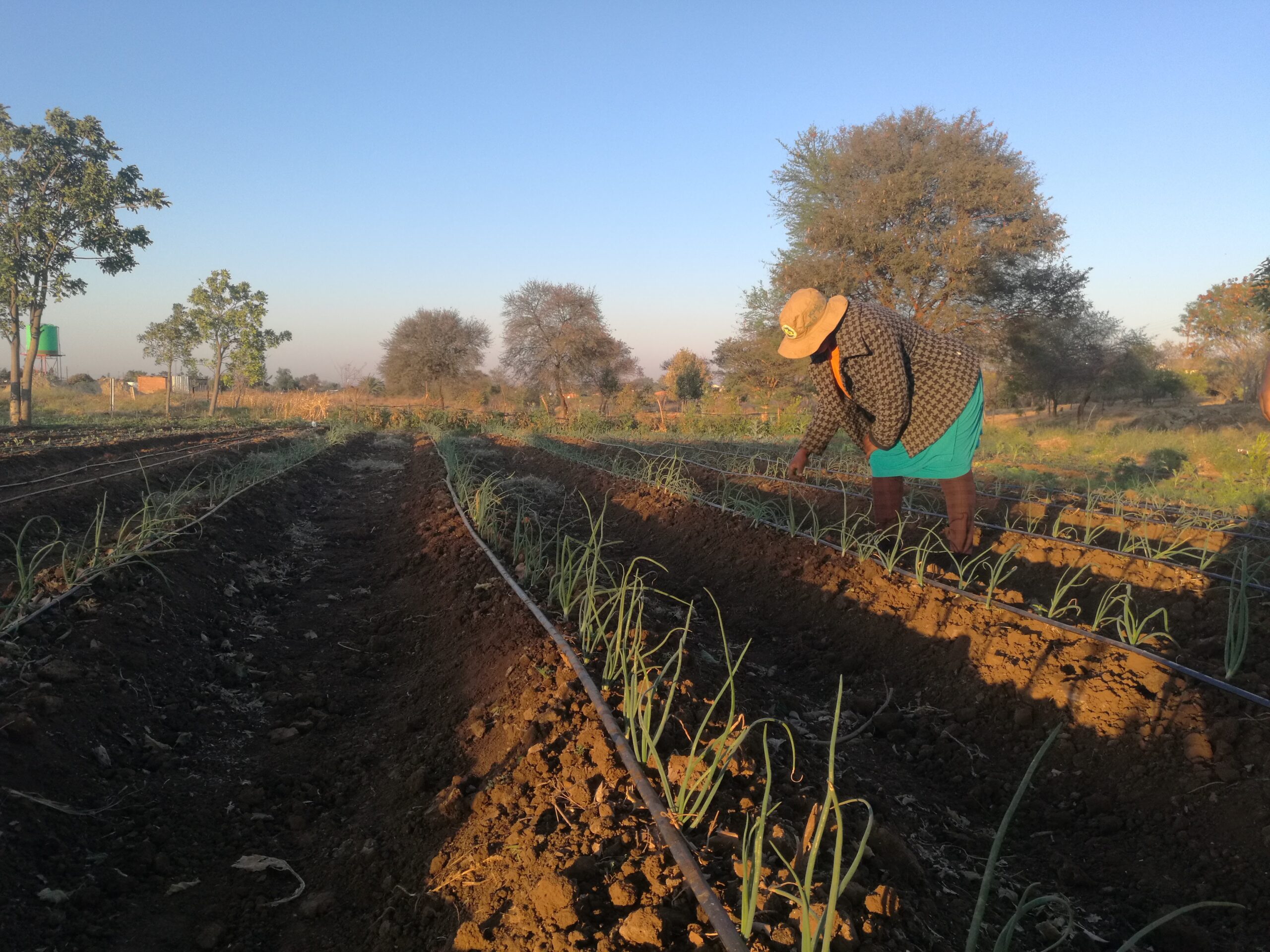

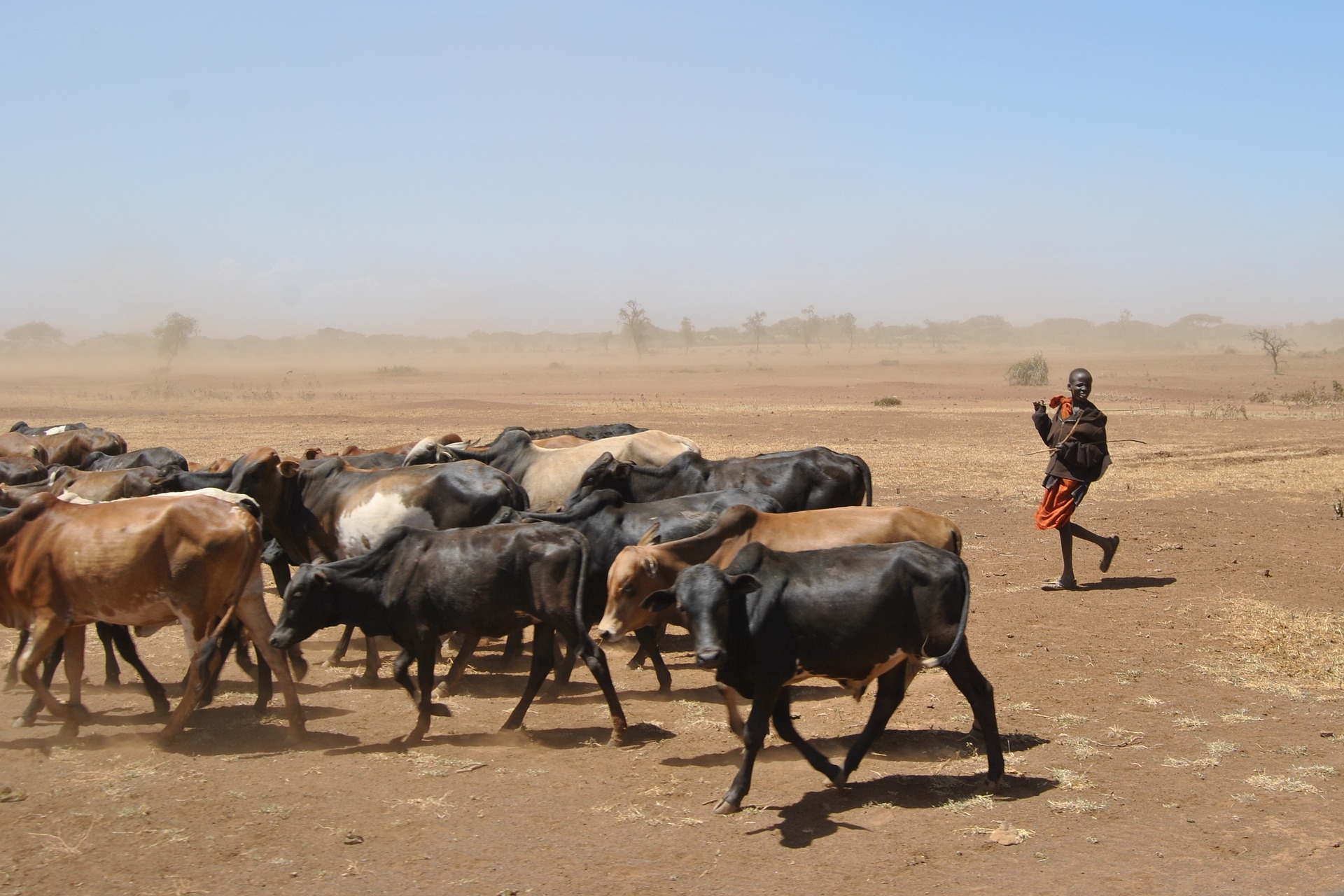
Impressive article, it is worth a subscription.
I did not know we had such programs from organizations in South Africa.